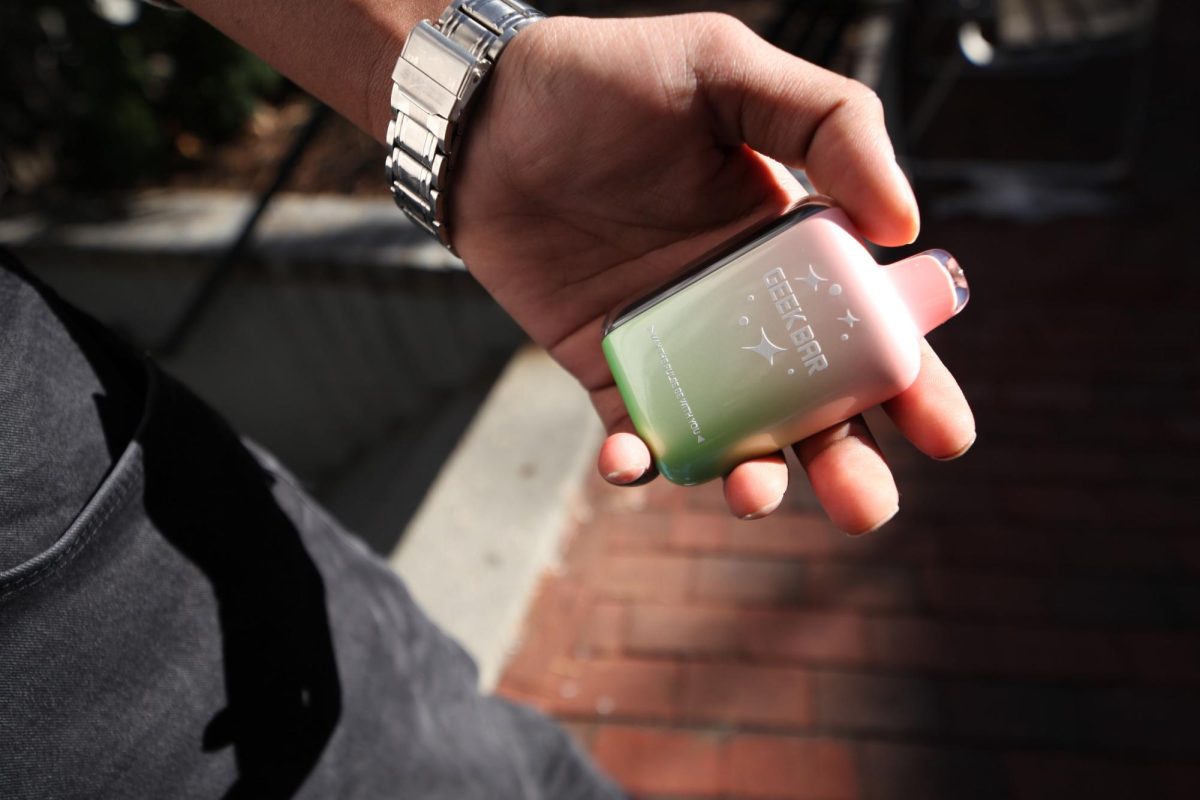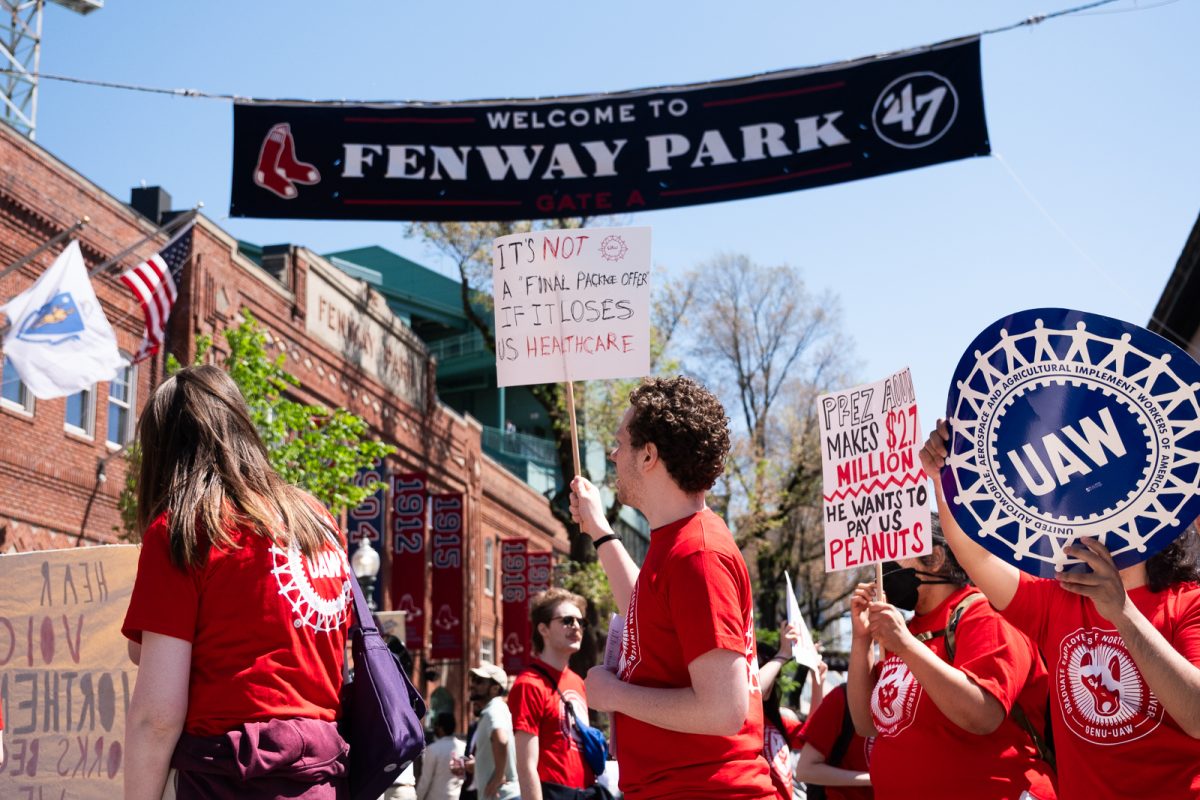By Jillian Orlando
Students were encouraged to “take it to the streets” to stand up for women’s rights and make their voices heard at a debate organized by the International Socialist Organization last Thursday in the Curry Student Center. Women’s liberation and women’s rights were the topics of discussion at the debate with approximately 35 male and female students as well as citizens from the Boston area in attendance.
This event was part of a series of women’s rights presentations aimed at “un-silencing” violence against women, sponsored by the Feminist Student Organization. The series includes a lecture about sexual assault and abuse with Harvard University law professor Diane Rosenfeld Tuesday.
Guest speaker Dafni Lannou, a Boston-area women’s rights activist, spoke about the oppression of women and their roles in a capitalist society.
Women’s rights trends nationally as well as on campus were discussed, focusing on the issues of American policy, abortion, women’s roles in society and campus provisions to aid and protect women, specifically the lack of a rape crisis counselor at NU.
Deborah Roif, the president of the FSO said that the most vital issues at hand are, “The fact that on campus we don’t have a rape crisis counselor … and nationally women’s right to abortion is in jeopardy.”
The issue of women as homemakers versus women in the workplace involving lower wages and the difficulty of obtaining upper management positions were discussed, noting that women make only 75 cents for every dollar a man makes on average, according to the ISO.
The ISO also addressed what they call the diminishing of the right for a woman to choose to have an abortion as well as affirmative action policies, welfare programs and food stamp provisions and other national changes that affected women, especially single mothers and those in need.
“Over the past 12 years under the Clinton and Bush administrations, women’s rights have actually been rolled back, especially dealing with abortion,” said Joseph W. Knott, president of ISO.
Another focus of the discussion dealt with U.S. foreign policy and the legitimacy and ability of a government to liberate women abroad while restricting them across the nation.
“It’s hypocritical to talk about liberating the women in Afghanistan with the oppression at home,” Knott said.








